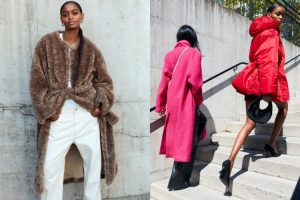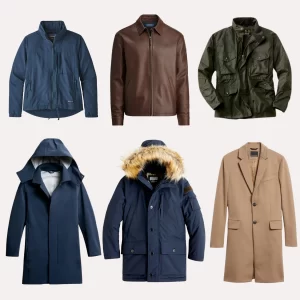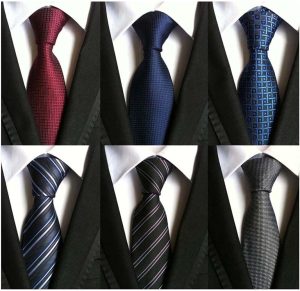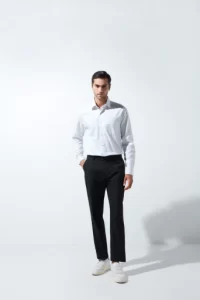“Eco-Friendly Outerwear: Sustainable Options for a Greener Wardrobe”

Title: Eco-Friendly Outerwear: Sustainable Options for a Greener Wardrobe
As awareness of environmental issues continues to grow, many consumers are seeking ways to make more sustainable choices in their everyday lives, including their clothing purchases. Outerwear, in particular, presents an opportunity to invest in eco-friendly options that reduce environmental impact without sacrificing style or functionality. From jackets and coats to rainwear and winter essentials, there are plenty of sustainable options available for building a greener wardrobe. Let’s explore the various eco-friendly outerwear options and how they contribute to a more sustainable fashion industry.
1. **Recycled Materials:** One of the most common approaches to eco-friendly outerwear is the use of recycled materials. Many brands now offer jackets and coats made from recycled polyester, nylon, or other post-consumer materials. These recycled fabrics are made from discarded plastic bottles, fishing nets, or other waste materials, reducing the demand for virgin resources and diverting waste from landfills. Recycled outerwear options are not only eco-friendly but also durable, functional, and stylish.
2. **Organic and Sustainable Fabrics:** Another eco-friendly option for outerwear is clothing made from organic and sustainable fabrics. Look for jackets and coats made from organic cotton, hemp, linen, or bamboo, which are grown and harvested using environmentally friendly practices without the use of synthetic pesticides or fertilizers. These natural fibers are biodegradable, renewable, and often require less water and energy to produce compared to conventional fabrics, making them a more sustainable choice for outerwear.
3. **Plant-Based Insulation:** Insulated outerwear, such as winter jackets and coats, often contains synthetic materials like polyester or down feathers, which can have negative environmental impacts. Consider opting for outerwear with plant-based insulation made from materials like recycled polyester, Tencel, or PrimaLoft® Bio™, which is a biodegradable synthetic alternative to traditional insulation. Plant-based insulation offers warmth, comfort, and performance without harming the environment.
4. **PFC-Free Waterproofing:** Many waterproof and water-resistant outerwear options are treated with perfluorinated chemicals (PFCs), which are harmful to human health and the environment. Look for outerwear with PFC-free waterproofing treatments, which use alternative technologies like fluorine-free DWR (Durable Water Repellent) finishes or natural water-repellent coatings derived from plants or minerals. PFC-free waterproofing options provide effective protection against the elements while minimizing environmental impact.
5. **Fair Trade and Ethical Production:** In addition to considering materials, it’s important to choose outerwear from brands that prioritize fair trade and ethical production practices. Look for brands that ensure fair wages, safe working conditions, and environmental stewardship throughout the supply chain. By supporting brands committed to ethical production, you can contribute to positive social and environmental impact while enjoying high-quality, eco-friendly outerwear.
6. **Versatility and Durability:** When investing in eco-friendly outerwear, prioritize versatility and durability to ensure longevity and minimize waste. Choose timeless styles and classic designs that won’t go out of fashion, allowing you to wear your outerwear for years to come. Look for outerwear with durable construction, reinforced seams, and high-quality hardware that can withstand daily wear and tear. By choosing versatile and durable outerwear, you can reduce your environmental footprint and make a long-lasting investment in sustainable fashion.
In conclusion, eco-friendly outerwear offers a sustainable and stylish alternative to conventional options, allowing you to build a greener wardrobe without compromising on style or functionality. Whether made from recycled materials, organic fabrics, plant-based insulation, PFC-free waterproofing, or produced ethically and responsibly, eco-friendly outerwear options contribute to a more sustainable fashion industry. By choosing eco-friendly outerwear, you can make a positive impact on the environment while staying warm, dry, and stylish in all seasons.







